.png)
Warning: Discussion of fertility issues, miscarriage and IVF
A woman has opened up about the realities of having a miscarriage after going through a shock diagnosis at the age of 27 and battling with five rounds of IVF.
Becky Kearns always knew she wanted children, with her explaining to Tyla: "I always assumed [being a parent] would be a given, that was the one thing I knew I would be in my life - I'd be a mom one day."
Advert
However, after a shock premature ovarian insufficiency (POI) diagnosis at the age of 27 and a missed miscarriage after five rounds of IVF using her own eggs, Becky's hopes and dreams of becoming a mother were thrown in the balance.
Becky, co-founder of Fertility Matters at Work, was diagnosed with POI - 'essentially, that means early menopause' - just before she turned 28.
According to the Mayo Clinic, POI occurs when "the ovaries stop functioning as they should before age 40. When this happens, your ovaries don't produce typical amounts of the hormone estrogen or release eggs regularly.
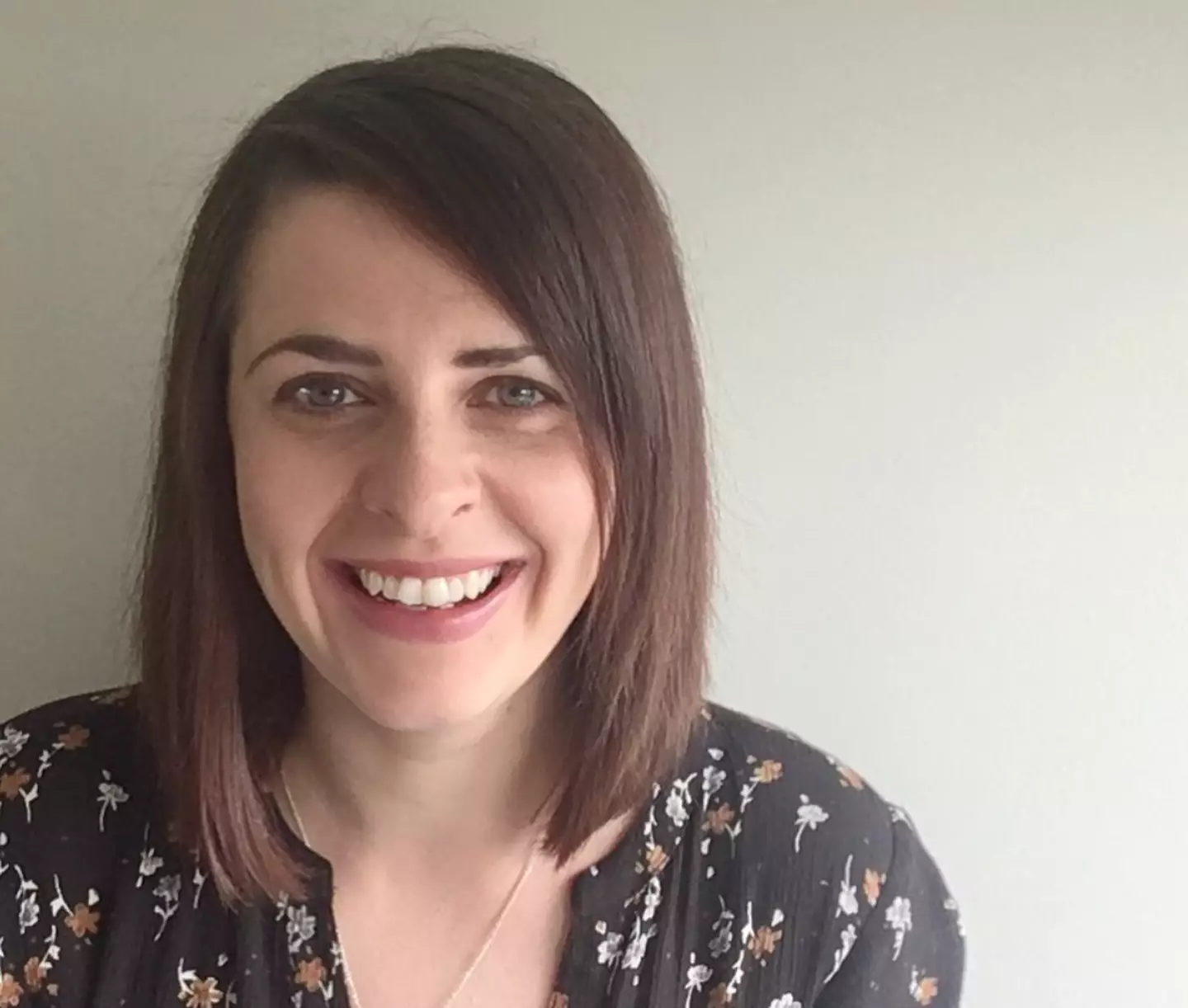
"This condition is also called premature ovarian failure and often leads to infertility."
Becky's egg reserves were low - 'almost reflective of someone in their late 40s' - and subsequently her window of opportunity to have her own biological children was shrinking fast.
Becky was told she would need In vitro fertilisation (IVF) and she and her partner wasted no time, fortunately able to pay for it themselves.
Becky explains: "They were quite hopeful, because I was young, [...] the quality should be there.
"However, each time they'd probably get two, maximum three eggs. And typically you're looking for 10 or more in terms of a cycle."
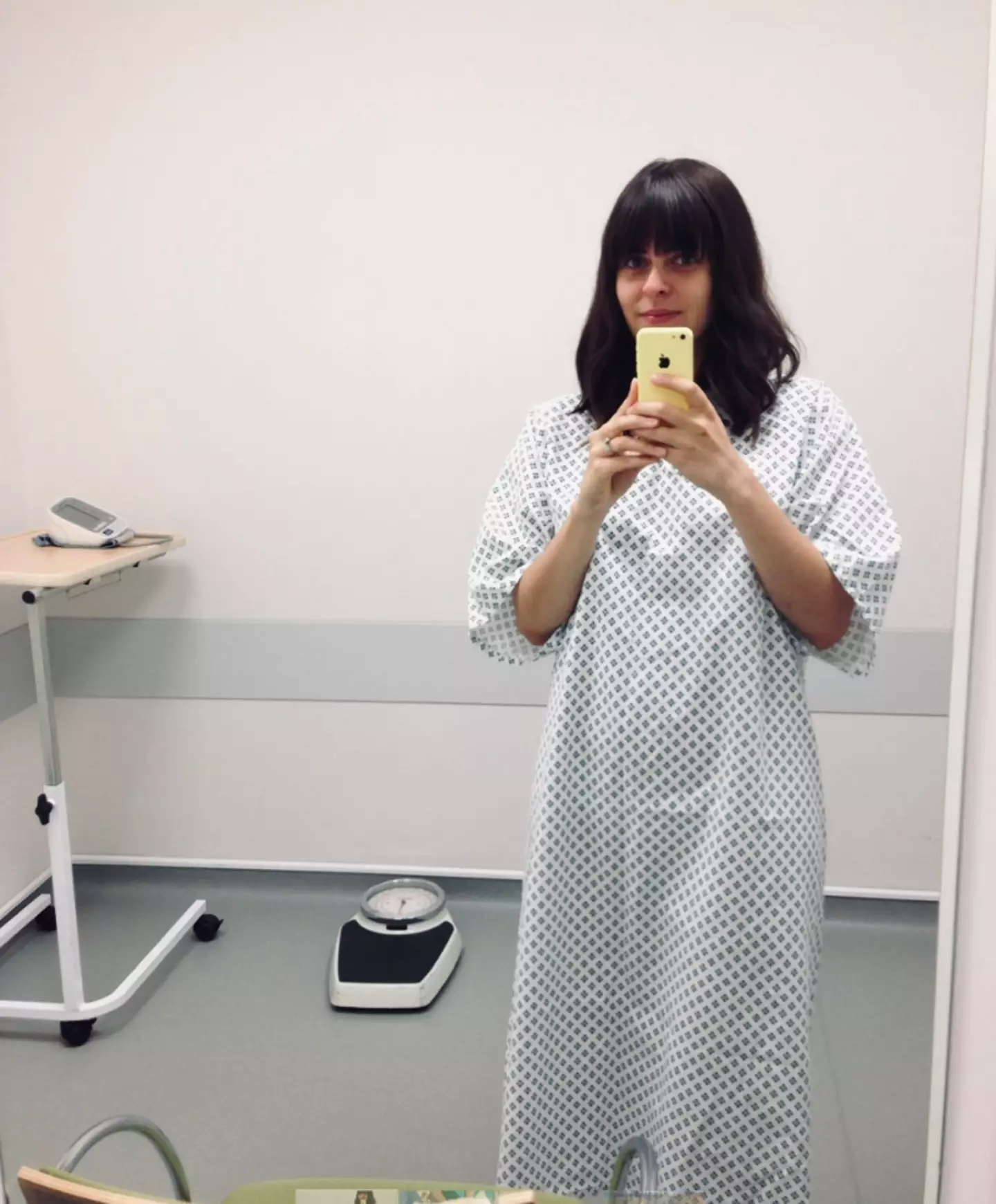
Despite the odds, Becky got pregnant.
"I thought, 'Oh, that wasn't as hard as I thought it would be like, it's fine, it's worked'," Becky continues. "I think you're naive when you first go into fertility treatment, because you think it's guaranteed that's going to be your way to have a baby.
"And I think you're really naive when you get pregnant for the first time because you think, 'That's it, I'm pregnant'."
Becky's mind immediately fast-forwarded nine months, filled with excited questions such as: "What if it's going to be a summer baby?"
But eight weeks later, she 'started to get a bit of pain'.
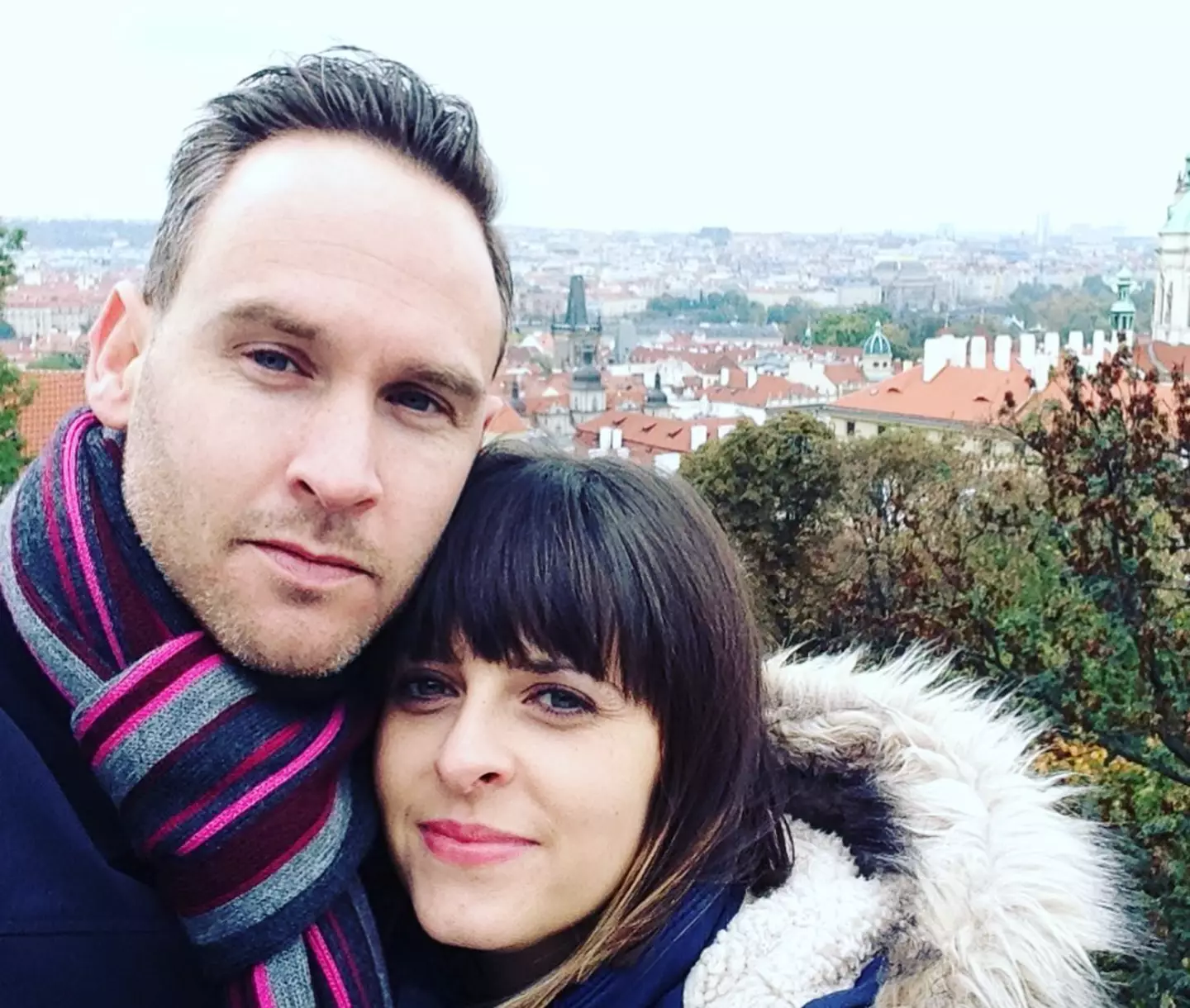
She recalls: "I still remember that scan where there was basically no heartbeat or anything. There was just an empty sack."
The doctor told Becky to go away and come back a week later just in case, but there was still no heartbeat.
"I remember being led to this room where basically, it's just a room and no windows. There were [...] miscarriage posters on the wall. And you [realise] that's what it is, because no one says that word to you."
Becky was given three options as a result of doctors being unable to find her baby's heartbeat.
"We could either go away and wait for things to happen naturally - to stop my medication," Becky explains.
"Or to have medical management, which is where they give you something to start the miscarriage in the process. Or to have surgery."
Becky and her partner were advised to try and let her miscarriage happen naturally, but nothing happened.
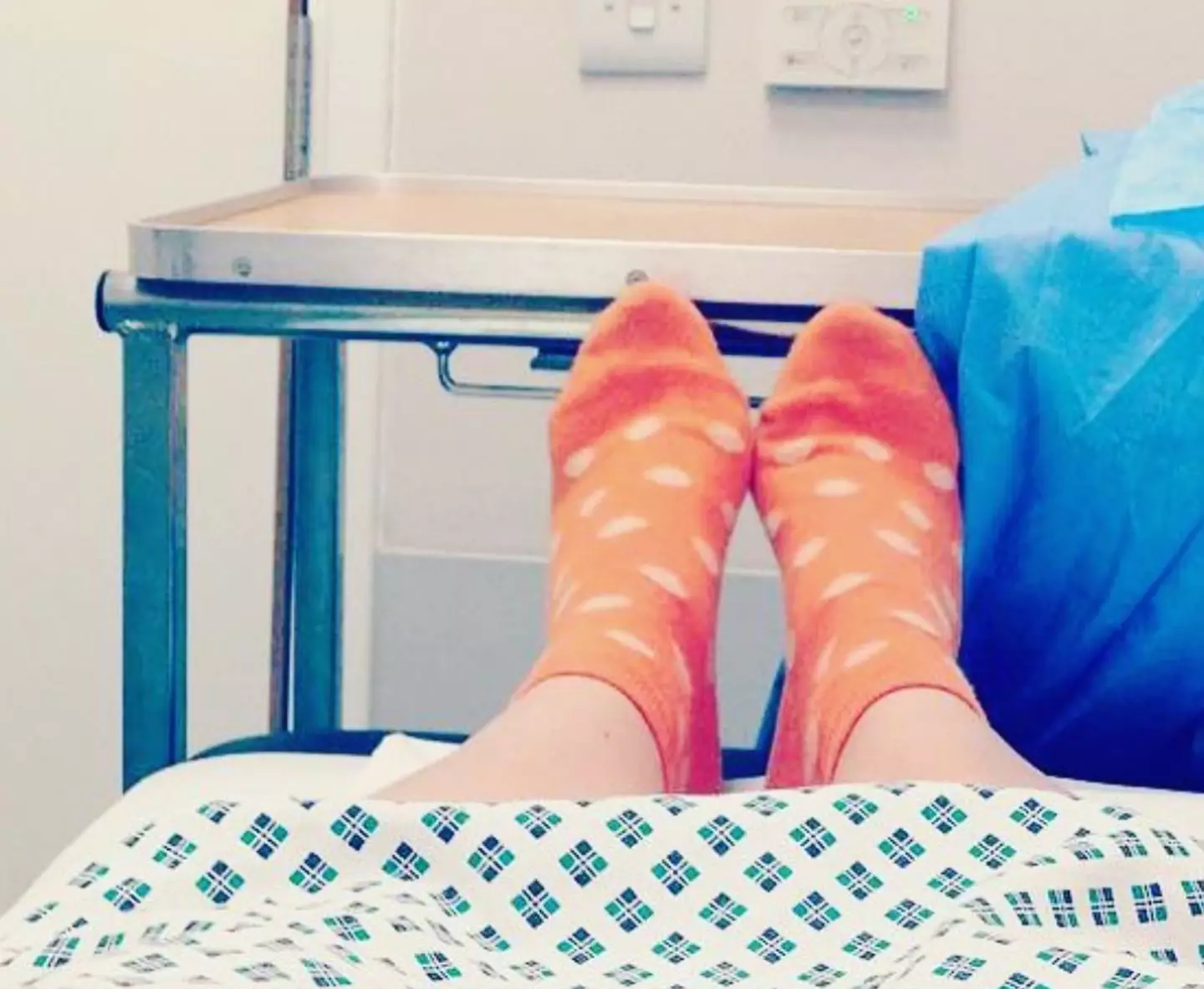
She subsequently went back to the clinic for the third week in a row and tried the 'medical management'. "A very long story short, that didn't work either. I was kept overnight and then I had to have surgery anyway the next day. I look back now and think I wish I just did that in the first place because it dragged out over so long," Becky reflects.
Becky's miscarriage didn't 'really hit' her until she was being 'wheeled into theatre' for her operation.
As well as the 'immense sadness' and feelings of how 'unfair' her situation was, Becky also notes she struggled with the terminology used by medical professionals.
"They call it [a miscarriage] the 'retained products of conception', which is very medical, and doesn't say that that's your baby. It's your hopes and your dreams and everything else that goes with it."
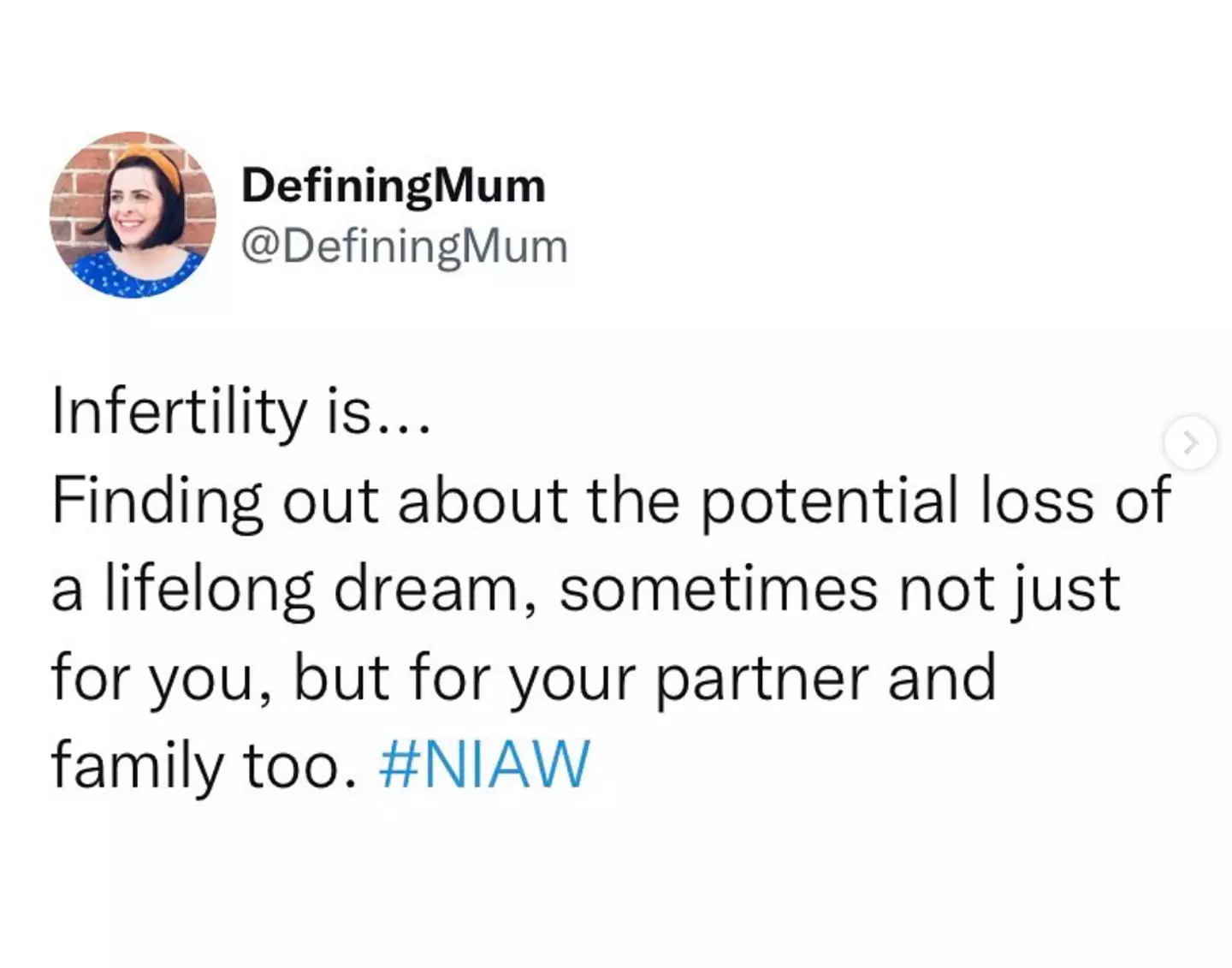
After another four 'relentless' cycles which unfortunately didn't result in pregnancy, Becky's mental wellbeing was impacted 'significantly' and one of the contributing factors to her struggle was the lack of support for - and attitudes towards - miscarriage in the workplace.
"[In] the workplace, it often isn't even mentioned in policies or anything like that. [...] And at the time, I didn't realise how big it actually was."
Becky was left 'really struggling to concentrate at work,' consumed with the 'gruelling' nature of IVF treatment - 'one of the hardest things' she's ever had to go through - so much so, she asked to take a career break.
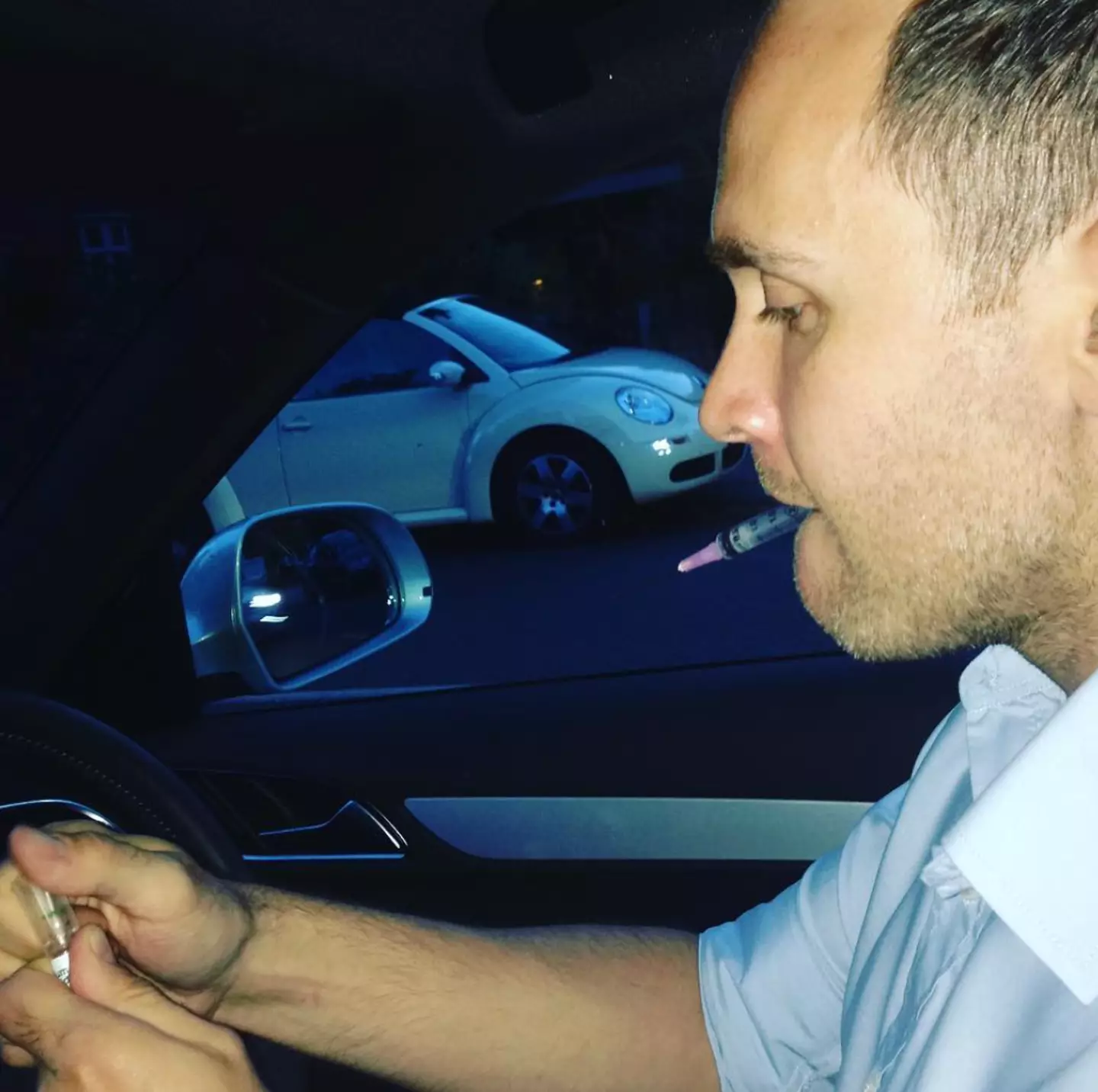
Having since co-founded Fertility Matters At Work - an idea which first bloomed after Becky had an 'incredible response' and found a sense of 'community' from starting a blog - Becky explains the Community Interest Company (CIC) discovered '72 percent of workplaces don't have a policy in place' for fertility issues and '36 percent of people are considering leaving their jobs because of the strain of treatment'.
Becky took two weeks off after the miscarriage and second round of IVF failing but still felt 'awful' and guilty.
"I'd say I was supported at first, but it really felt like because my journey went on for quite a long period of time that the support waned [...] and I felt like I was a bit of a nuisance," she explained.
"I almost felt like it going into it impacted my identity [...] my confidence was shot, I think you have all these feelings of failure that come out from not being able to do what a woman's supposed to do."
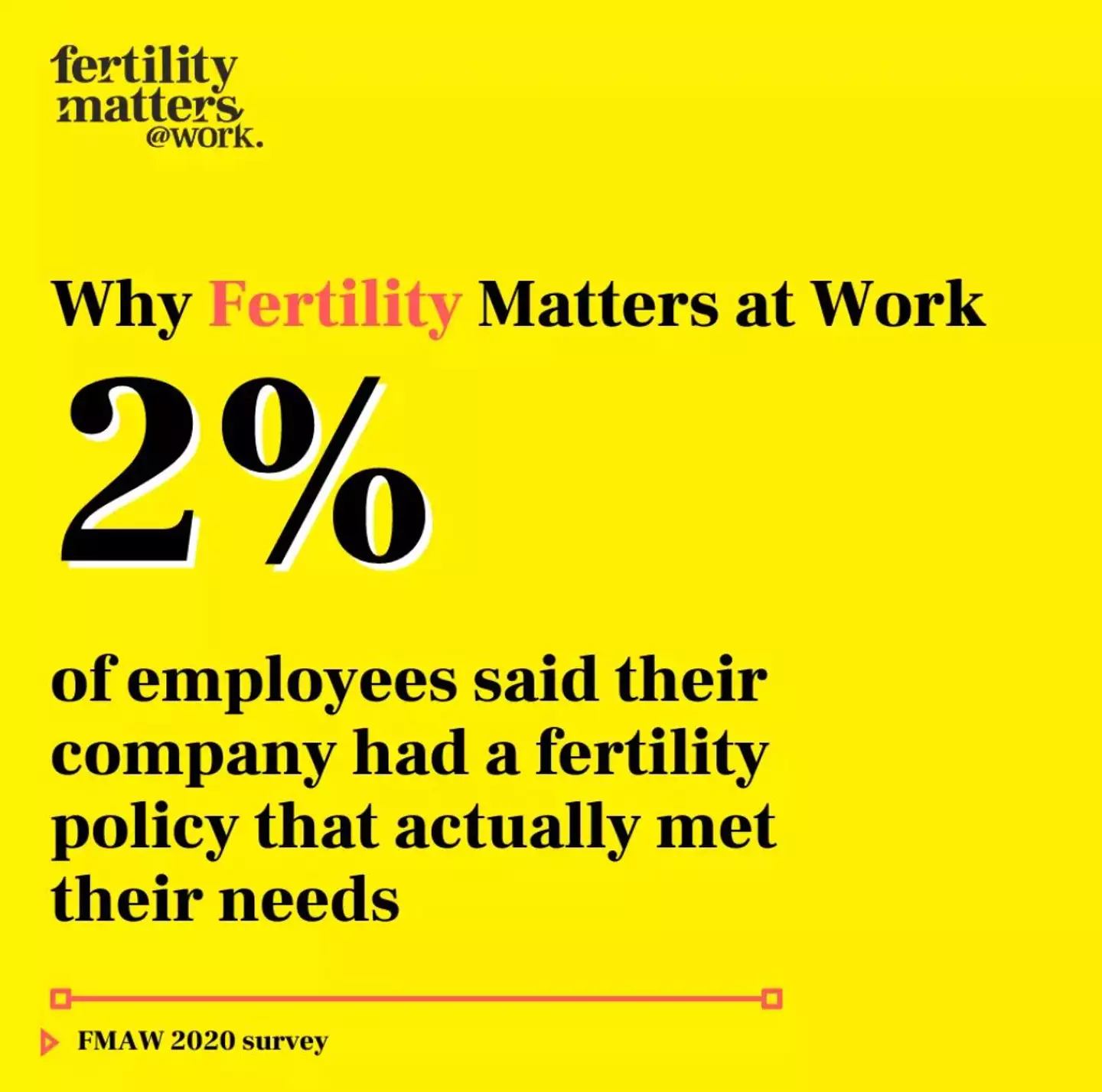
Amid reaching breaking point in her career, Becky was told her options were now even more limited to become a mum.
The clinic suggested egg donation as a potential route - Becky and her partner initially dismissed this, Becky determined to have a biological child of her own - however, with no cycle of IVF proving a success, the pair questioned: "What are our chances?"
"The consultant said: 'Well, you've probably looked at about five percent chance with your own eggs, but it goes up to over 50 percent If you do use donor eggs'.
"And if you're a betting person, where would you put your money? But it's not just a decision you make with your heads, it's your heart as well."
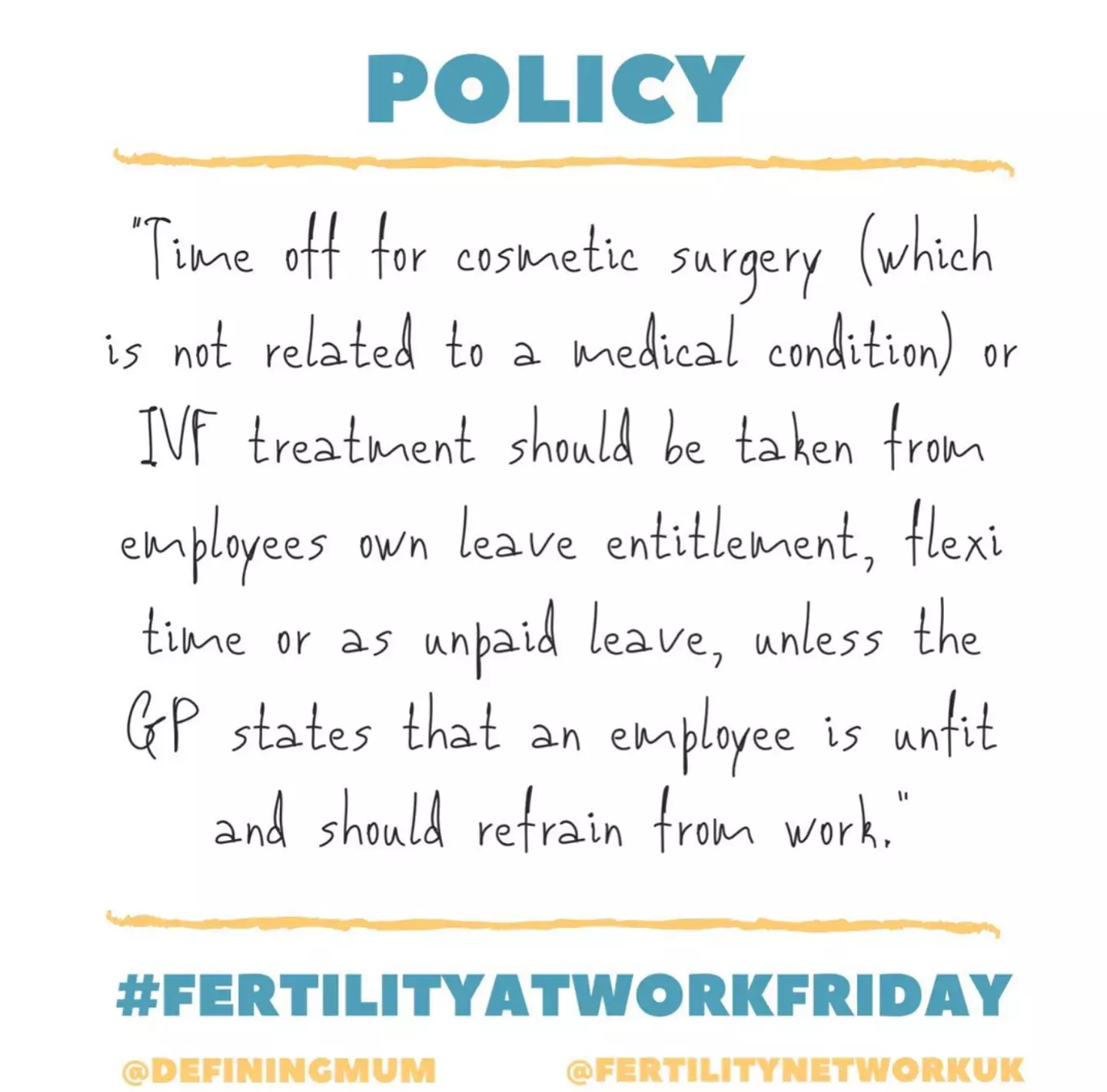
Becky subsequently 'redefined what it meant to [her] to be a mum,' going against what society brings us up to believe, that 'genetics equals parenthood and you need genetics to be a parent'.
Meeting somebody on Netmums helped Becky weigh up whether or not to use an egg donor.
"I met with [a user] and her son one day. [...] That was a big turning point. I remember seeing them together and they looked like just any other mother and child. I got in my head that somebody would be really different.
"And I remember getting back in the car and I just cried again. I always describe it as though I started to focus less on what I was losing and more on what I would be gaining in having this opportunity to be a mum.
"But you don't. It's about love and it's about what you do every day as a parent - it's not the noun it's the verb of doing," she says.
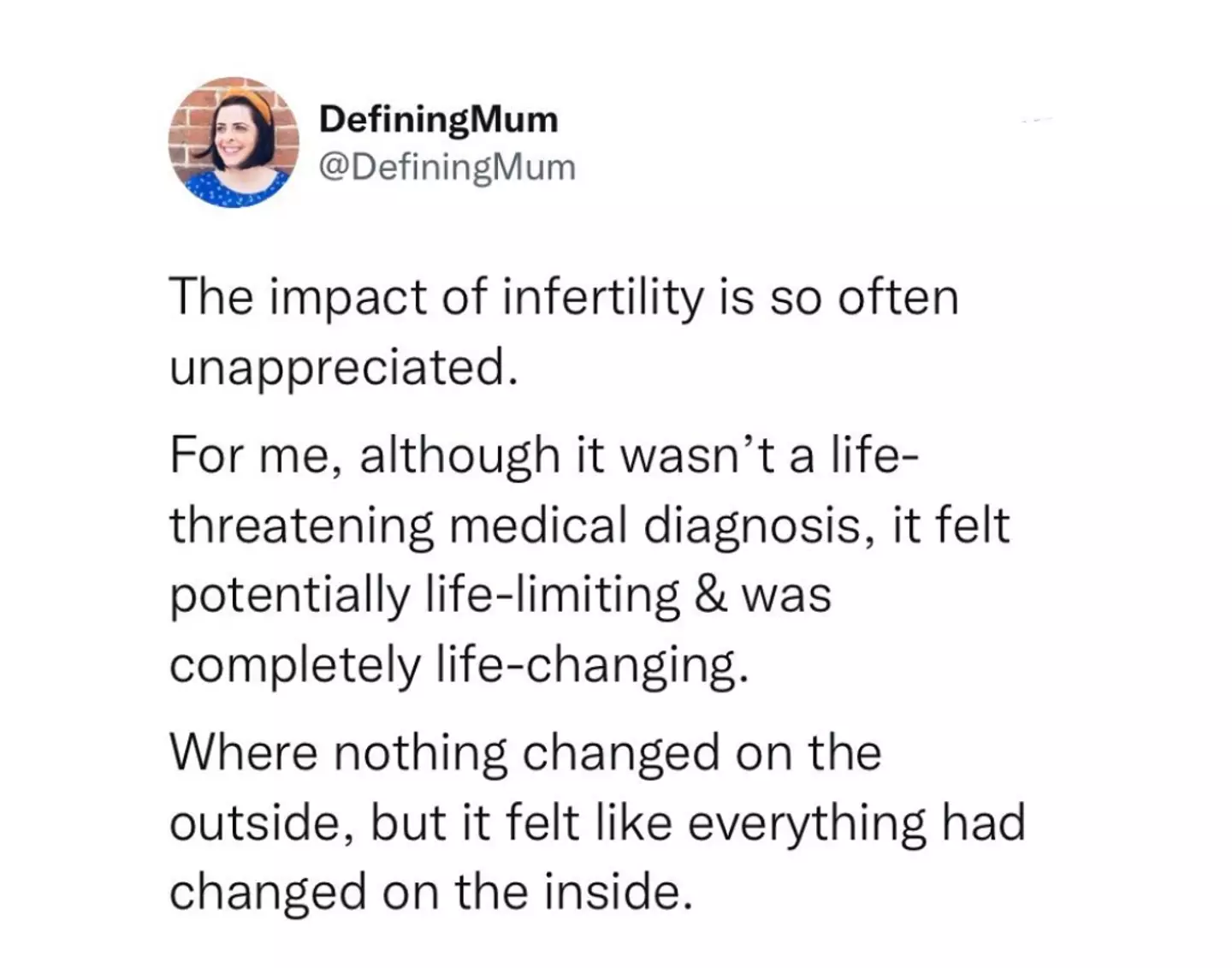
Having made her decision, Becky and her partner flew to the Czech Republic, found a donor who matched her characteristics and physical appearance, took a 'leap of faith' and had the transfer.
And incredibly, Becky got pregnant!
While over the moon, Becky notes how she wasn't truly able to 'relax into' or 'enjoy' her pregnancy due to the anxiety of having miscarried before.
Thankfully, despite a 'lot of bleeding early on' and multiple hospital visits, Becky gave birth to baby Mila in 2016.
Becky and her partner decided to try for a sibling for Mila a year later, predicting it could take a while, and discovered the embryos had been frozen in pairs and went on to have twins.
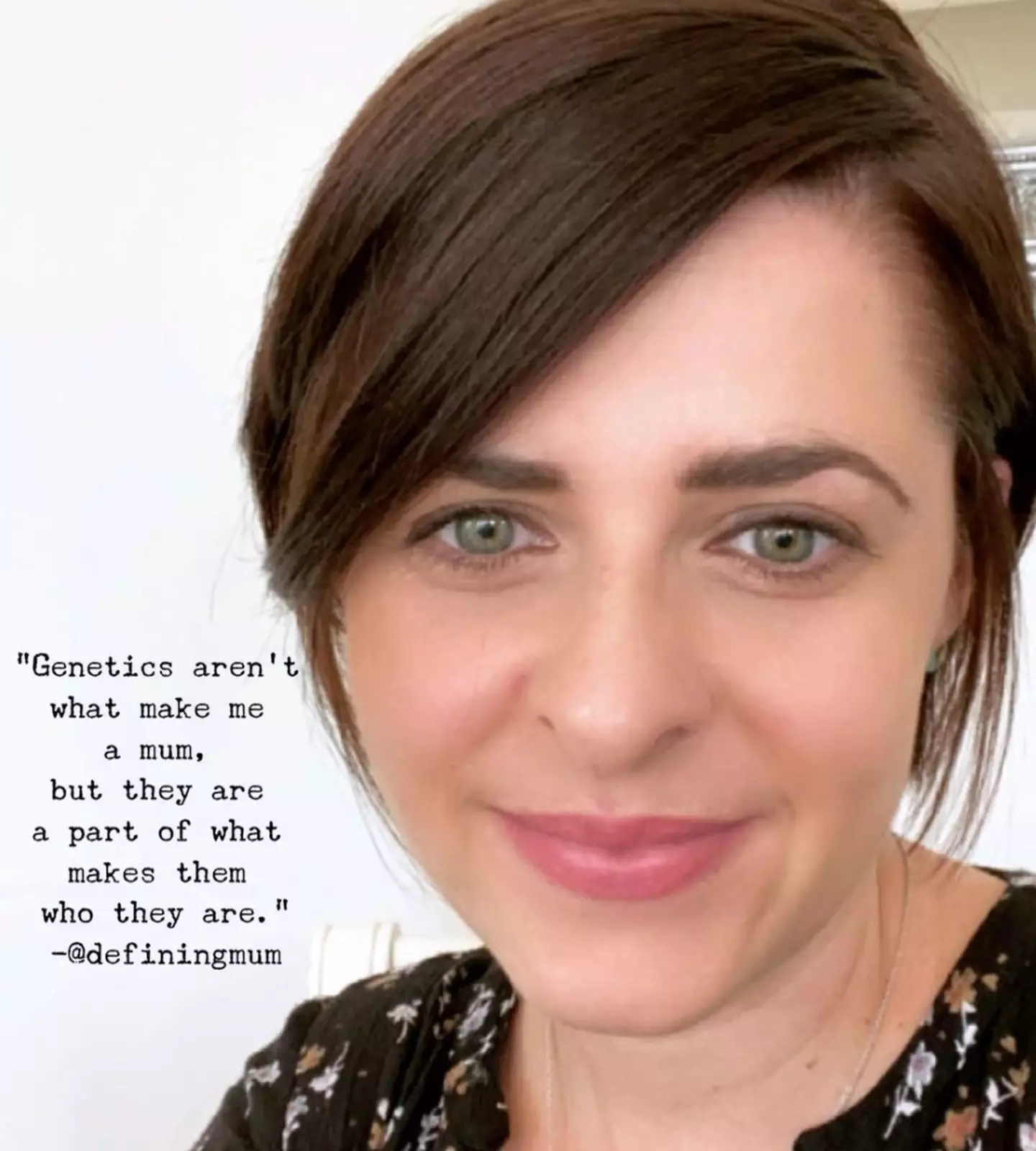
In 2018, Becky gave birth to Eschar and Lena and so now has three beautiful daughters.
"I look back now and [....] I wouldn't change it because I wouldn't be where I am with them," she said.
Despite her immense luck and fortune in becoming pregnant through egg donation and embryo transfer, Becky explains the pain of a miscarriage - of losing someone - always stays with you, but becomes easier to talk about over time.
Becky explained: "I wish that people understood that it is a loss. And it's disenfranchised grief, sometimes an invisible loss [and] not tangible. You might have lost the baby before you're visibly showing.
"On the outside, it might look like nothing's changed, but on the inside something has completely shifted. And it's a loss that will stay with them forever.
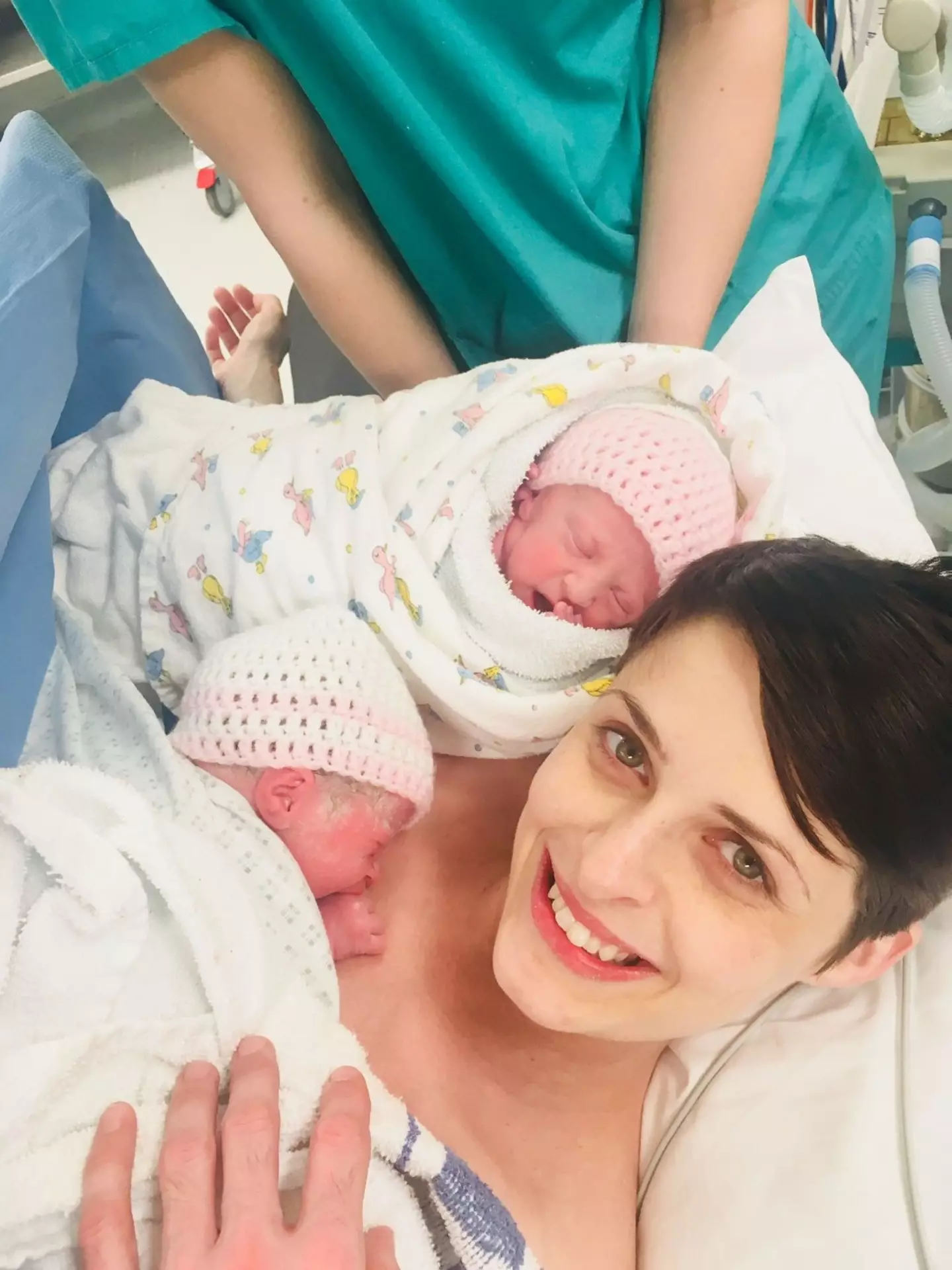
"I think that's the biggest thing around this - validating that grief and not just expecting someone to move on or go and [immediately] try again. Because there is a lot with that. And actually, for people who have repeated multiple miscarriages it can actually be quite terrifying to get pregnant again, because you want it so much but also you're so fearful of the same thing happening again.
"It's that education, isn't it? Around it, what it means, how it feels and to remember, it's not just physical, it's emotional as well. And that's really important."
If you are worried about infertility, you can visit the NHS site for more information here. Or for more information regarding fertility support, particularly in the workplace, you can email Fertility Matters At Work or visit its website.
